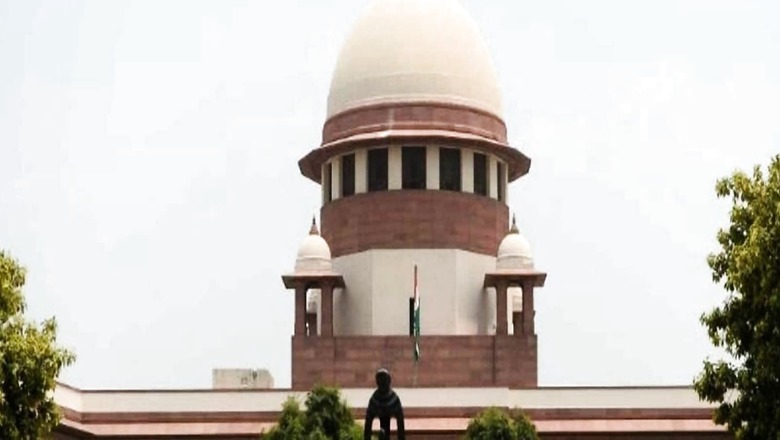
views
In a significant order affecting politicians facing criminal cases, the Supreme Court Tuesday curtailed the power of state prosecutors and ordered that they cannot withdraw prosecution against the lawmakers under Code of Criminal Procedure (CrPC) without prior sanction from high courts. A bench headed by Chief Justice N V Ramana expressed strong displeasure over the non-filing of requisite status reports by the Centre and its agencies like CBI and indicated that it would set up a special bench at the top court to monitor criminal cases against politicians.
The apex court's order assumed significance in view of the fact, highlighted by an amicus curiae on the basis of news reports, that states like Uttar Pradesh, Uttarakhand, Maharashtra and Karnataka have sought to withdraw criminal cases against politicians by using section 321 of CrPC which empowers prosecutors to withdraw cases. UP is seeking to withdraw of prosecution of (i) Sangeet Som, MLA from Sardhana (Meerut); (ii) Suresh Rana, MLA from Thana Bhawan Assembly; (iii) Kapil Dev, who represents the Muzaffarnagar Sadar seat in the Assembly (related to the Muzaffarnagar riots) and (iv) political leader Sadhvi Prachi.., the report of amicus curiae said and gave reference to similar cases sought to be withdrawn by other states.
The bench, also comprising Justices Vineet Saran and Surya Kant, said: "The first issue is about the misuse of power under Section 321 of the CrPC regarding withdrawal of cases. We find it appropriate to direct that no prosecution against MP and MLA to be withdrawn without the leave of the High Court in suo motu case pursuant to our order". In another important direction, the top court ordered that judges of special courts hearing cases against the MPs and MLAs will not be transferred until further orders.
The direction however carved out exceptions like death and superannuation of the presiding officers when it will not be made applicable. Registrar Generals of all the high courts are to provide information in a particular format about the cases decided by special courts against the lawmakers, the court said, adding that they will have to give details of pending cases and their stages before the trial courts.
Expressing strong displeasure over non-filing of status reports as per the directions given in an earlier order, the bench said it was granting last opportunity to the Centre and its agencies to follow its orders and posted the matter for further hearing on August 25. The agencies will have submit detailed status reports regarding year-wise details on number of cases, pendency and their stage and the information has to be shared in advance with the amicus curiae before the next date of hearing.
The bench also sought a comprehensive reply from the Centre on providing the video conferencing facilities in special courts for examining the witnesses and provision of funds for this. The order came after the top court perused the report of senior advocate and amicus curiae Vijay Hansaria and lawyer Sneha Kalita, assisting the amicus curiae, in dealing with the PIL on the issue.
The bench was hearing a PIL of 2016 filed by lawyer and BJP leader Ashwini Upadhyay on fast-tracking of criminal trials against MP and MLAs besides seeking life ban on convicted politicians from contesting polls. At the outset, the bench expressed dismay over the leak of the report before it came before the bench and said: We are reading these reports in newspapers. They do not send us anything. We get everything in the evening…
The bench then referred to the report of the Enforcement Directorate and said that it contained some names of the politicians without furnishing the information sought by the court in pursuance of earlier orders. You have only given the name of the accused and the case but not details like which is the oldest case, numbers etc, the bench said.
I was also not satisfied, said Solicitor General Tushar Mehta and sought 10 days as the last opportunity for doing the needful. Grant me this last opportunity. I will make sure details are before the court, the law officer said.
The bench referred to previous orders to highlight the non-compliance and said: We have expressed our displeasure several times. We cannot say more than this…nothing is happening at your end. You have to understand this, when the matter had started, we were sure that the government was very much concerned about the disposal of these cases. But nothing has happened from your side, the bench observed.
The law officer said the government was committed to speedy disposal of cases. We think that a special bench is required to be set up to monitor the cases to ensure speedy disposal, the CJI remarked.
The bench said the issue of jurisdiction required a re-look and it will consider this aspect later and for the time being it will deal with the issue of state prosecutors' power to withdraw cases under section 321 of CrPC. The provision deals with the issue of withdrawal from prosecution and says that the Public Prosecutor or Assistant Public Prosecutor in charge of a case may, with the consent of the court, at any time before the judgment is pronounced, withdraw from the prosecution of any person either generally or in respect of any one or more of the offences for which he is tried; and, upon such withdrawal.
The apex court has been passing a slew of directions on the PIL. It had earlier said that trials against lawmakers need to be concluded expeditiously due to the increasing criminalisation of politics and had asked the Chief Justice of the high courts to frame an action plan for increasing the number of special courts.
Read all the Latest News, Breaking News and Coronavirus News here.











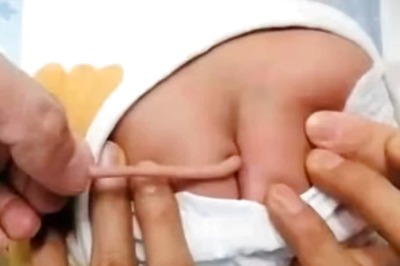
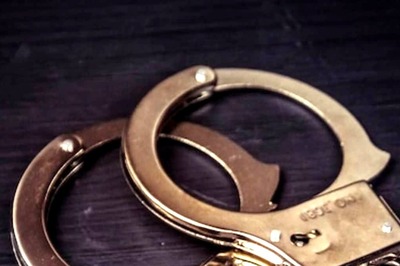
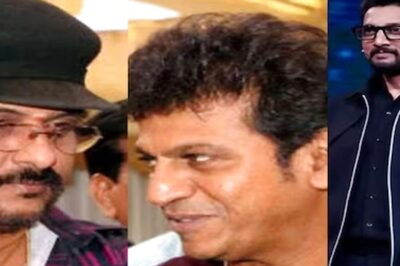

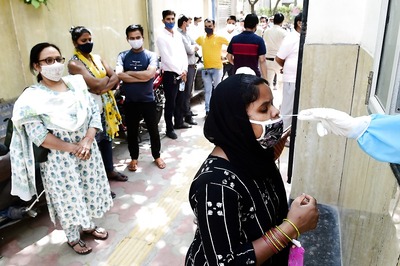
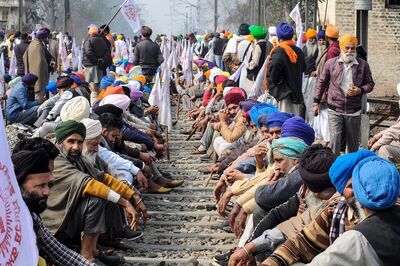
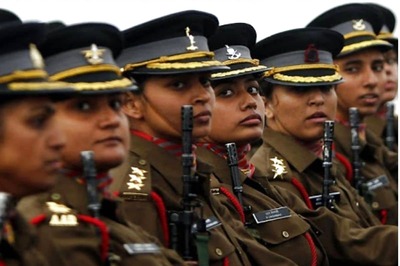

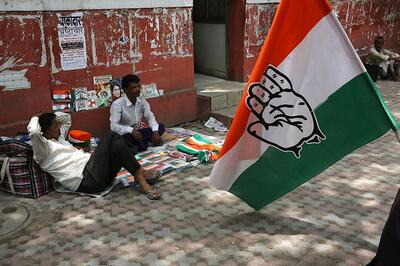
Comments
0 comment